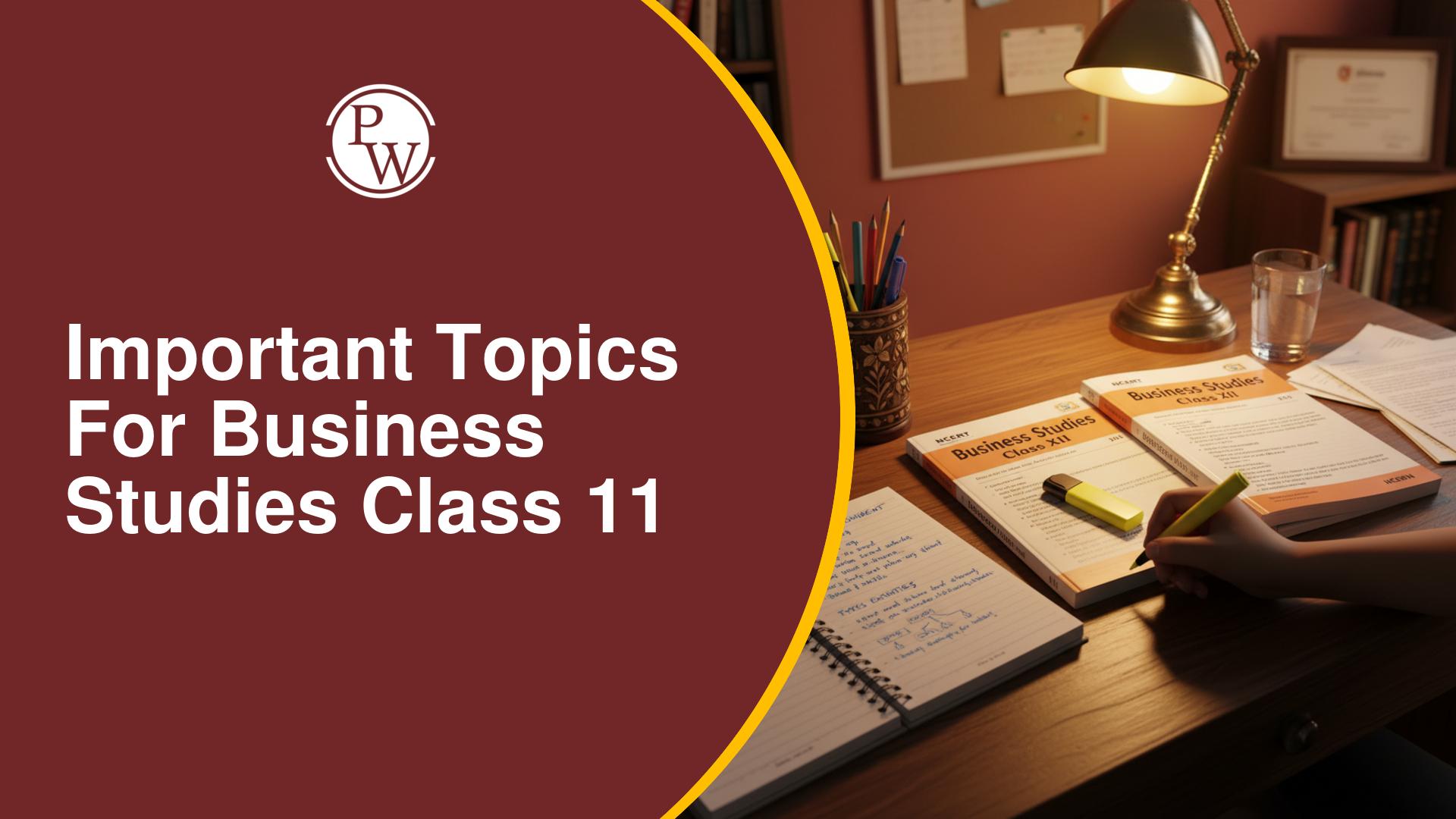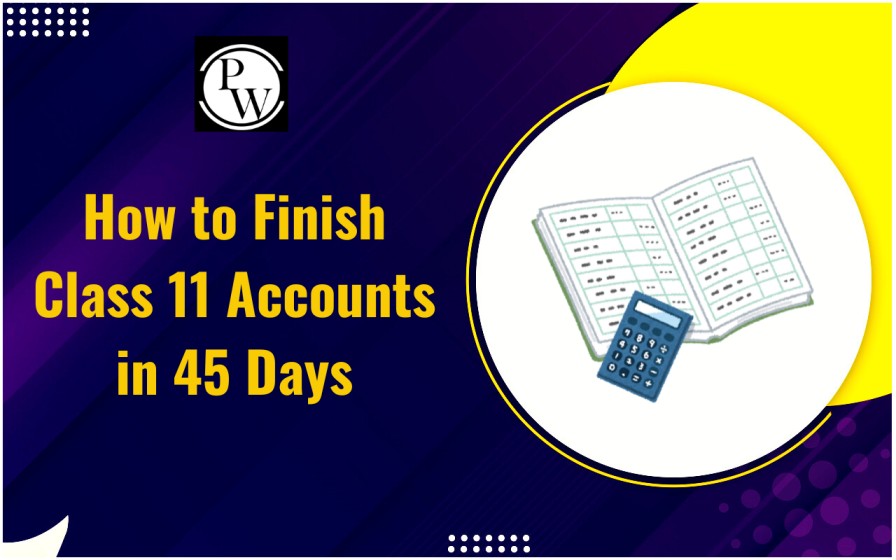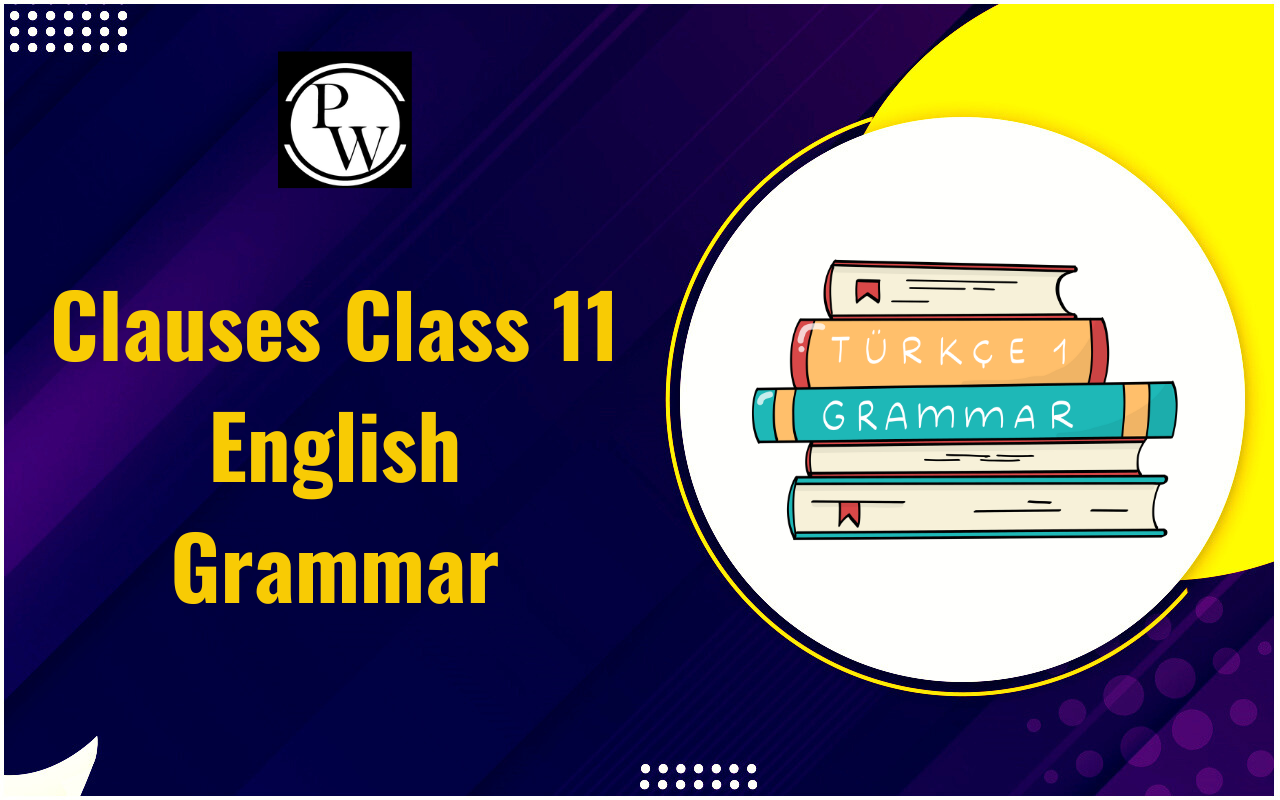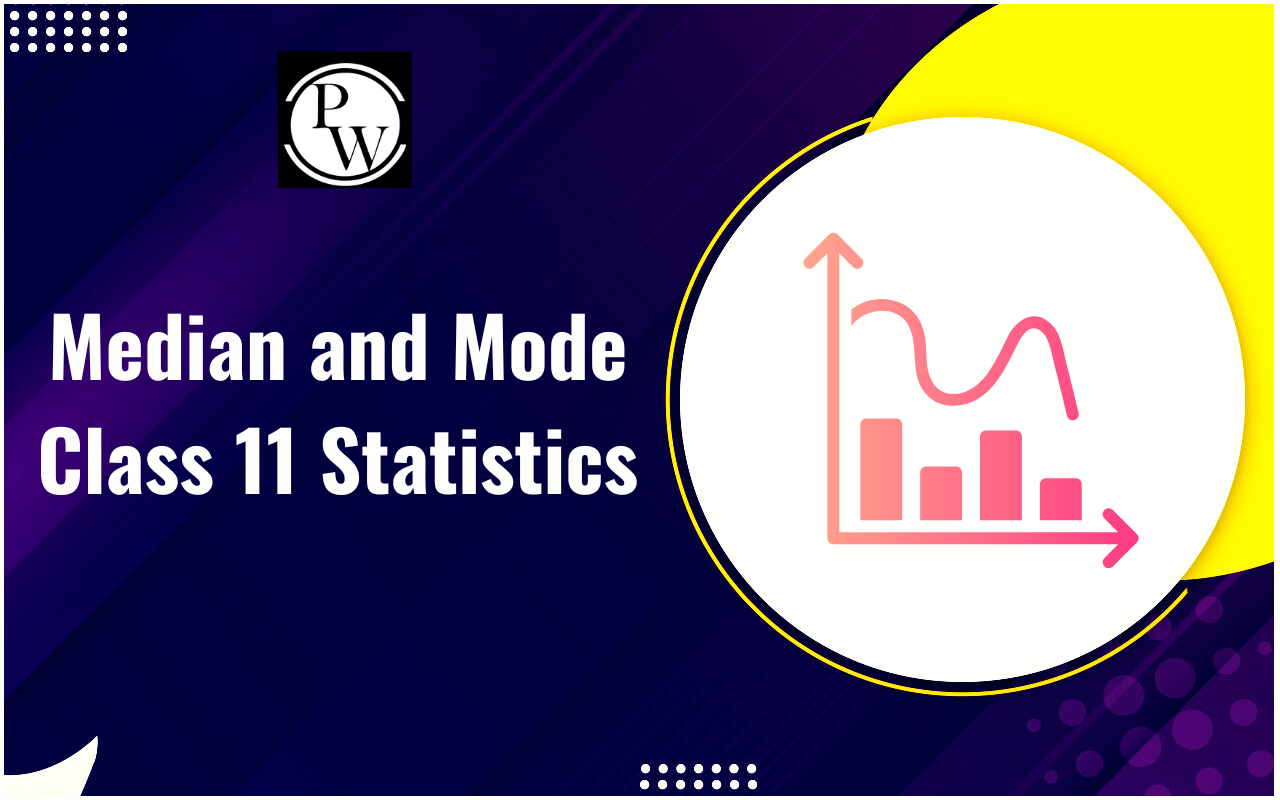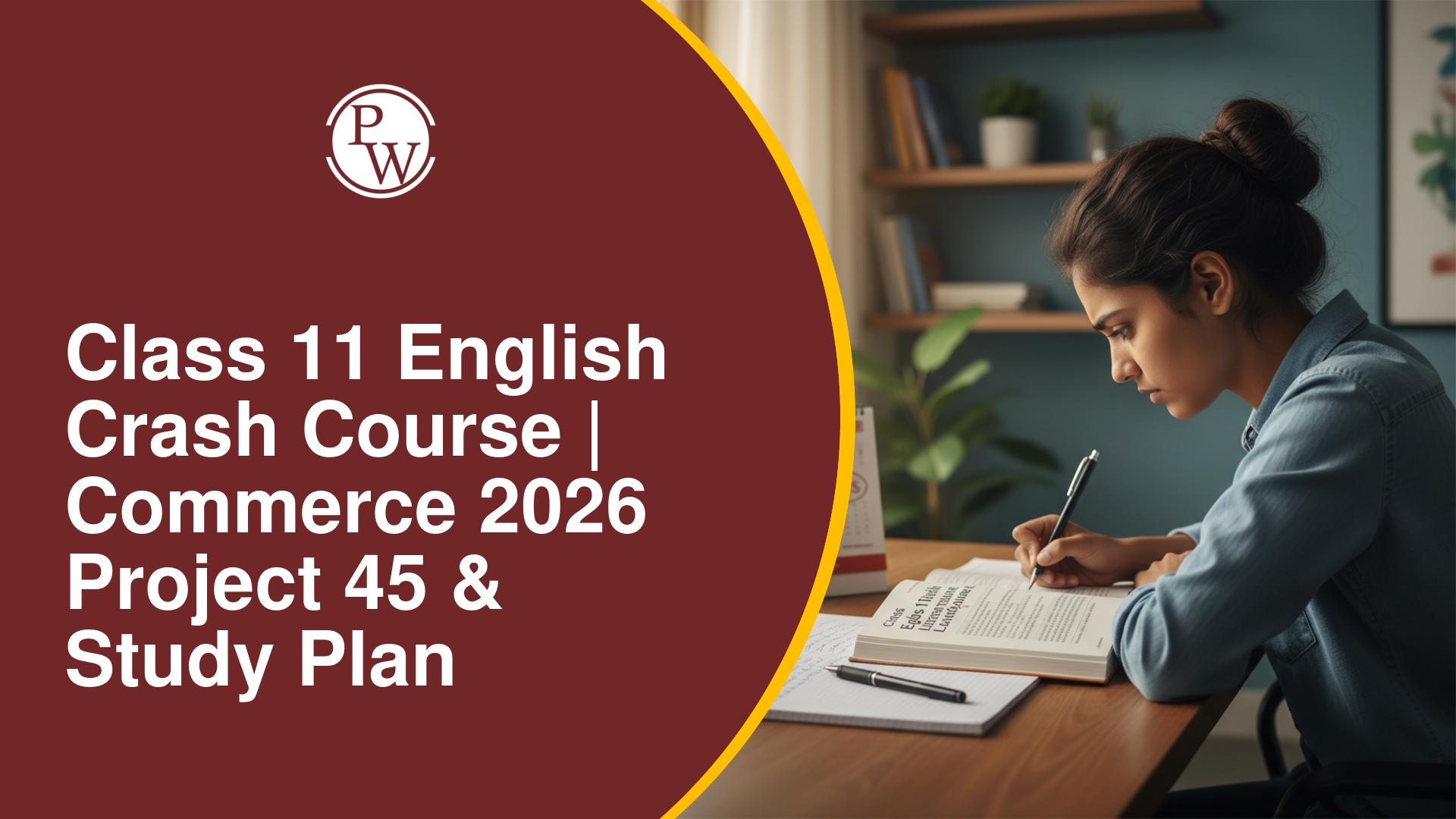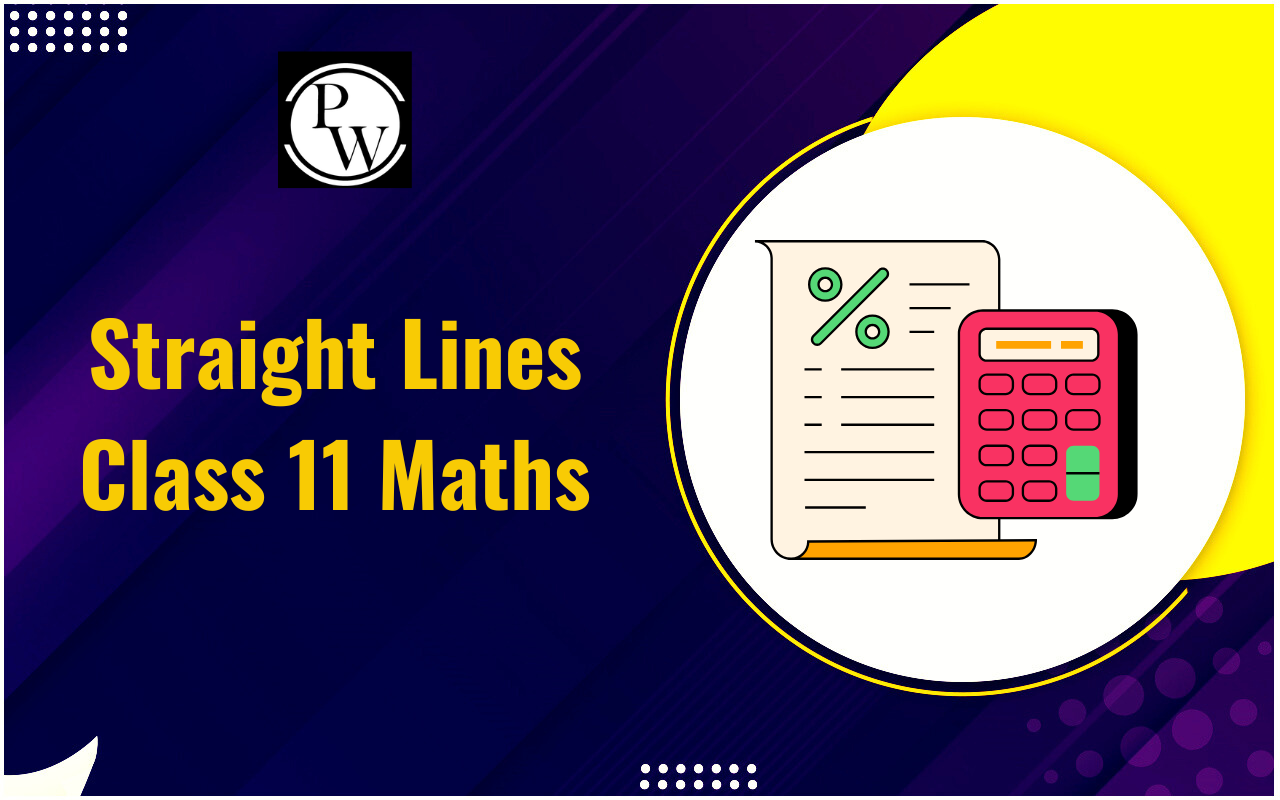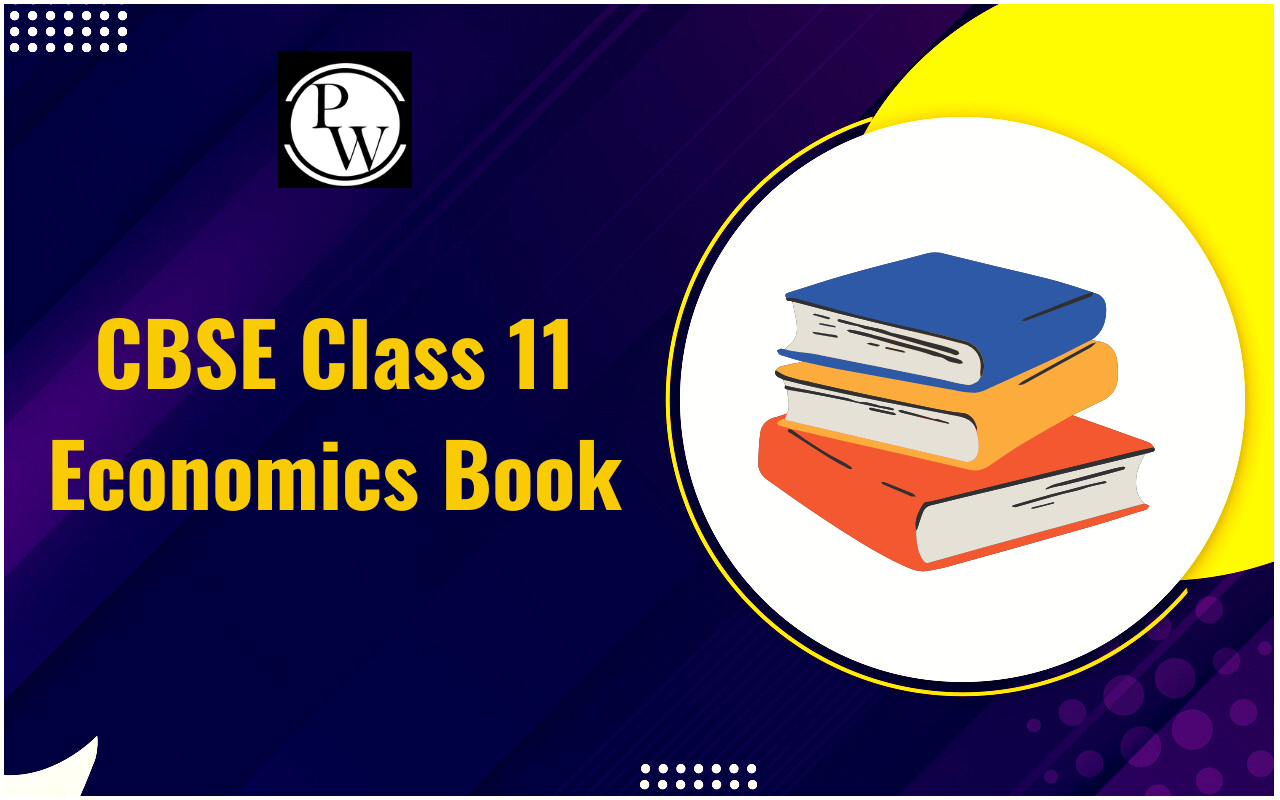
As students transition from Class 10 to Class 11, the English syllabus undergoes several important changes. This article provides a complete overview of the Class 11 English syllabus for the academic year 2025. It is structured to help students understand each section in detail, including Reading Comprehension, Grammar, Writing Skills, and Literature, along with the weightage and focus areas for effective preparation.
What’s Different in Class 11 English?
The shift from Class 10 to 11 comes with new textbooks and different patterns of evaluation. Students will notice a major difference in the literature content and assessment structure.
Students coming from Class 10 are familiar with the books "First Flight" and "Footprints Without Feet." However, in Class 11 English, the curriculum introduces two new textbooks: Hornbill and Snapshots. These books form the core of the literature section and reflect a significant shift in the syllabus.
Although students will still encounter familiar components like Reading Comprehension, Grammar, and Writing Skills, their distribution and nature differ compared to Class 10.
Understanding the Class 11 English Paper Pattern
To prepare smartly, students must know how their exam paper is structured. This section breaks down the components and their respective mark allocations.
The Class 11 English syllabus is divided into four major components:
1. Reading Comprehension (18 Marks)
This section assesses students’ ability to interpret and understand unseen passages. It is essential for improving analytical and inference skills.
Often referred to as the "Unseen Passage," this section evaluates a student’s ability to understand and interpret unfamiliar texts. Students will be required to read a passage and answer questions based on it. The section carries a total weightage of 18 marks.
2. Grammar and Writing Skills (Total 23 Marks)
This part focuses on a student’s command over English language structure and their ability to express ideas clearly in written form.
This section is subdivided as follows:
Grammar (7 Marks): Grammar topics include Tenses, Clauses, and Reordering of Sentences. With consistent practice, students can comfortably score well in this section.
Writing Skills (16 Marks): Writing is an essential part of the syllabus and comprises the following tasks:
Advertisement: 3 Marks
Poster Writing: 3 Marks
Speech Writing: 5 Marks
Debate Writing: 5 Marks
Together, these tasks contribute a total of 16 marks. Students are expected to develop creative, clear, and contextually appropriate content.
3. Literature (31 Marks)
Literature helps students appreciate texts, themes, and literary devices. This section has the highest weightage and includes poems and prose from two NCERT books.
The literature section holds the highest weightage in the paper. It includes prose and poetry from two textbooks:
- Hornbill
- Snapshots
This section tests students’ understanding of literary devices, themes, and the ability to critically interpret texts.
Literature Syllabus Breakdown
This part lists all the chapters and poems students will study under the Hornbill and Snapshots textbooks.
Hornbill: Chapters & Poems
- The Portrait of a Lady
- A Photograph (Poem)
- We’re Not Afraid to Die... if We Can All Be Together
- Discovering Tut: The Saga Continues
- The Laburnum Top (Poem)
- The Voice of the Rain (Poem)
- Childhood (Poem)
- The Adventure
- Silk Road
- Father to Son (Poem)
Snapshots: Chapters
- The Summer of the Beautiful White Horse
- The Address
- Mother’s Day
- Birth
- The Tale of Melon City
Marking Scheme in Literature
Each type of question in the literature section has a defined weightage. Here is how marks are distributed among extracts, short answers, and long answers.
To prepare strategically, it is essential to understand the type of questions and their weightage:
Extract-Based Questions (10 Marks)
These questions are based on specific lines or paragraphs from prose and poetry. They test detailed understanding of the text.
Poetry Extract (Hornbill): 3 Marks
Prose Extract (Hornbill): 6 Marks
Prose Extract (Snapshots): 4 Marks
Students will be given two extracts from which they must attempt one. These are designed to assess comprehension, interpretation, and contextual understanding.
Short Answer Type Questions (9 Marks)
These questions check a student’s grasp of the story, character analysis, or key themes in brief.
Hornbill: Two short answer questions, each of 3 marks. Total 6 Marks
Snapshots: One short answer question of 3 marks
These questions test students’ understanding of specific themes, character traits, and messages conveyed in the prose and poetry.
Long Answer Type Questions (12 Marks)
These are descriptive questions where students are expected to write structured answers with supporting points and critical insight.
Hornbill: Two questions given, attempt one, 6 Marks
Snapshots: Two questions given, attempt one, 6 Marks
Long answer questions are descriptive and demand deeper analysis. Students need to present well-structured, critical, and comprehensive answers.
The Class 11 English syllabus marks a crucial academic transition for students. While some elements like comprehension and grammar remain familiar, the introduction of new literature texts and the distribution of marks require a fresh and focused approach. By breaking down the syllabus into specific sections and understanding the types of questions expected, students can prepare more effectively.
Stay consistent in your practice, read all chapters thoroughly, and pay attention to grammar and writing structures. With regular effort, students can not only adapt to the new syllabus but also perform with confidence in the English subject.
Join PW Commerce Online Course and unlock your potential with quality education and dedicated learning support.
| Related Links | |
| Commerce Class 11 | Class 11 Accountancy |
| Class 11 Commerce Syllabus | Class 11 English |
| Class 11 Business Studies | Class 11 Economics |
| Class 11 Maths | Class 11 Applied Maths |
Core Concepts of English for Class 11 Commerce Students FAQs
Are the Class 11 English books different from Class 10?
Is grammar still part of the Class 11 English syllabus?
How much is the literature section worth in the Class 11 English exam?
What types of writing tasks are included in the Class 11 syllabus?
Are extract-based questions asked in the exam?

